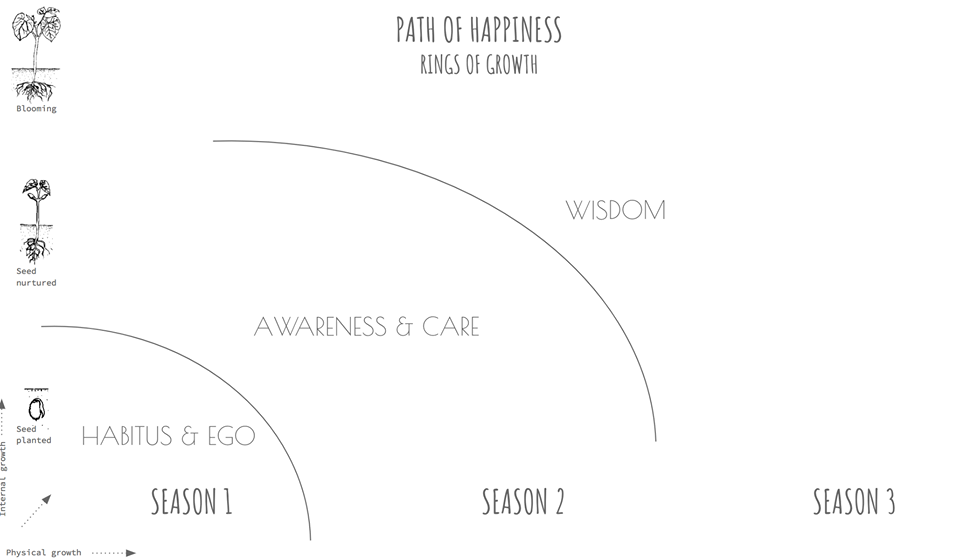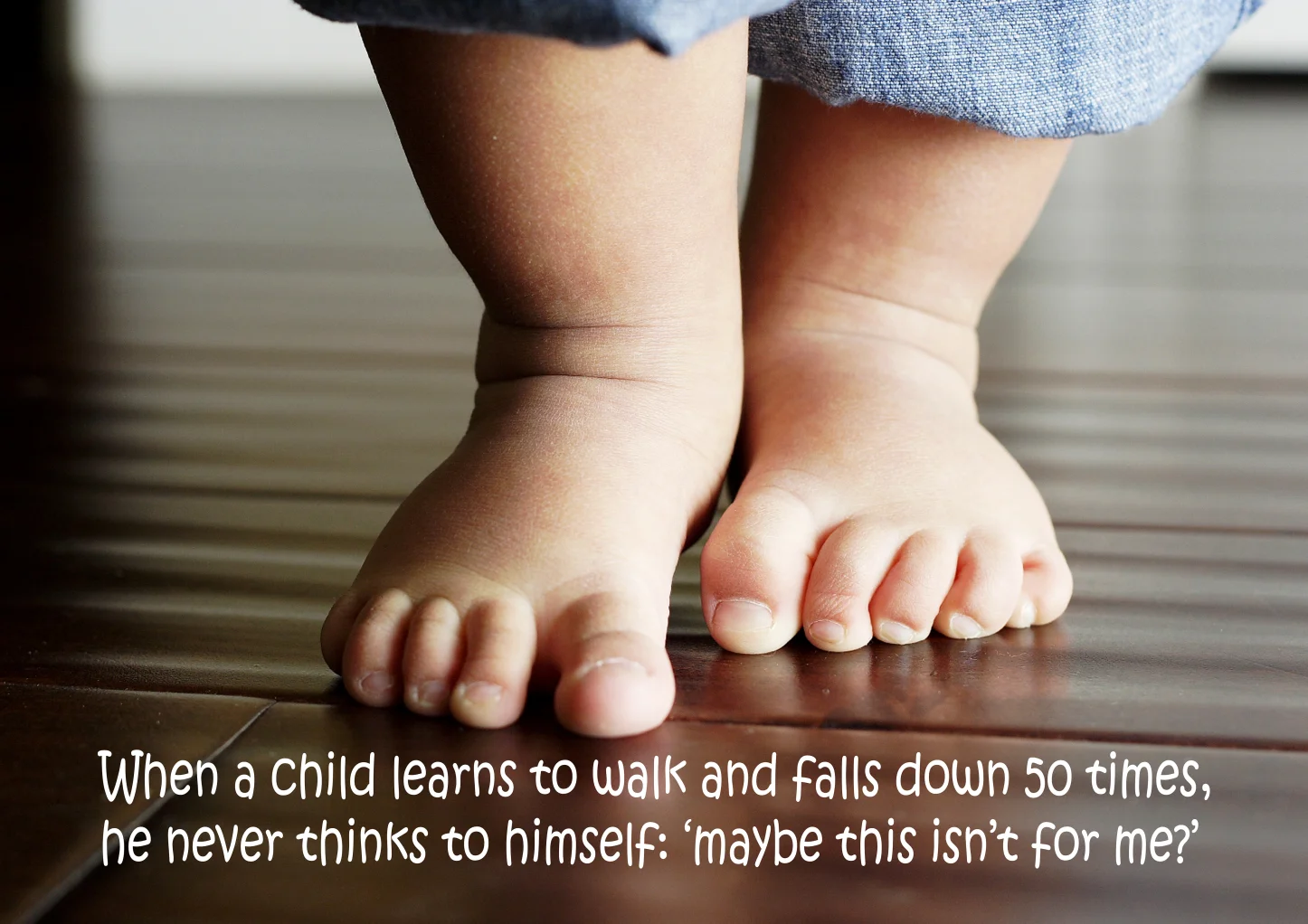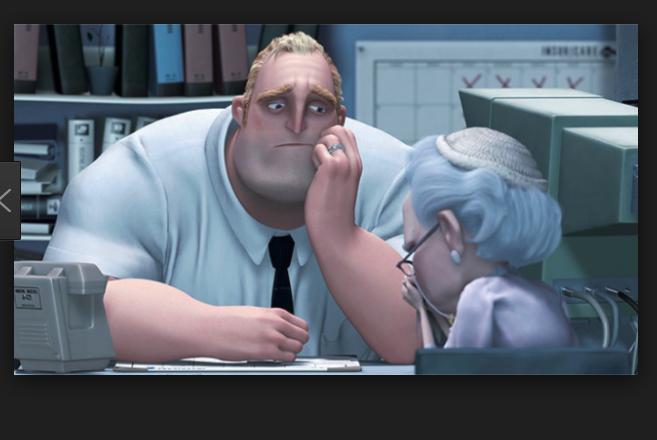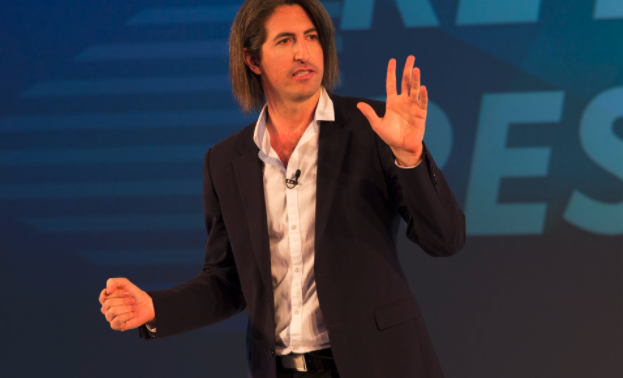PATH OF HAPPINESS
PATH OF HAPPINESS
When I first started the research about Happiness, I had a hypothesis, which I wanted to test. I wanted to see whether people who have a more creative, entrepreneurial career are happier than those people who like me, work in a more typical corporate, office type of job. The reason I started the research in the first place, was that no matter what company I worked at, I was surrounded by many peers who like me, were mostly dissatisfied, stressed out and hopeless, despite being paid high Silicon Valley salaries, and recognized in their respective careers.
I conducted so far nearly 30 in-depth interviews, and countless other smaller interviews in California, New York, Italy, Netherlands, England, France, Scotland, Turkey, and Romania. I was looking for answers to big questions like... What's the *secret* of happiness? Is there such thing? Are there people who are truly happier? Are people happy in the same way? What's the difference between what happy people know, feel, or do, compared to others who rate themselves as less happy? These are some of the questions that I've been seeking to answer with the Happiness Research project that I started back in October 2015.
PATH OF HAPPINESS WORKSHOP COMING UP!
After interviewing people from several countries, and reading Positive Psychology, Anthropology, Philosophy, and Poetry, I developed a HAPPINESS FRAMEWORK that has all the "ingredients" that encompass the foundation of personal, subjective well-being. I developed this framework because I was craving a clear, crisp approach to understanding this complex concept.
This framework helped me feel more clarity of who I am, what's important to me, and where I'm headed. I feel more centered. I feel less scattered and less reactive. I feel l am a wiser parent than before. To some questions we will never have answers. But there is a lot we can do right now to raise our own awareness of who we are and how to bring more joy in our everyday life.
WE DON'T GIVE UP WHEN THINGS GET TOUGH
Parenting is the most satisfying part of my life, and the hardest. It's one thing to learn what makes me happy, and what makes others happy, and another to guide kids through the preteen and early teenage years.
I was raised with negative reinforcement. Corporal punishment was the norm back then. In Romania, I grew up with tough love. Nowadays, parents still criticize their kids even when they do things right - "see, why didn't you do this before? you're so stubborn". This is because many parents believe it's important to keep their kids' ego in check. On the other hand, they are affectionate, and hug their kids regularly, something I've always done with my own kids.
As a teenager, I hated being criticized or slapped by my parents. I wanted to go as far as I could and be who I wanted to be and worked my butt off to be independent. In some ways, that type of tough love parenting worked in making a disciplined, tough, driven individual. To a fault. The downside of that toughness was that I took well paying corporate jobs I didn't enjoy.
And yet, when it came to being a parent myself, I began to consciously stop the chain of negativity and corporal punishment. I made an effort to catch myself and not criticize our kids, something hard to do. I caught myself saying things like "your room is so messy! you never clean it", and began to replace that negative rhetoric with "do you want me to show you how to clean your room? when your room is tidy, you have more space to play and you'll enjoy it more." The simple idea here being that it's better to guide someone toward the state we think is good for them, rather than criticizing them for what they don't do. A subtle yet powerful change.
Then I read about positive reinforcement. I would clean their room in front of them, encourage them to help do some tasks, and praised them for a job well done.
The North Star for me is bringing as much positive energy in the house as possible. Sure, I want their room to be clean. I want the kids to do the dishes. I made a list with their chores on a chalk wall next to the kitchen, and I encourage them to look at the list every day when they come back from school. That way they learn both how to be organized, and feel in control. I try to gently remind them to get going on their chores, and praise them when they're proactive, and do something on the chore list without a reminder. I also praise them when they do something outside of that list.
MID LIFE CRISIS - A REAL THING?
And if so, when is that? When you're 35? 40? 50? Several studies have been done on the subject, and like with any juicy important questions, there are many sides to the story.
According to recent study that surveyed 1.3 million people across 51 COUNTRIES, people experience a decline in happiness starting in their 30s until around age 50, when they start feeling happy again.
Another study shows the “mid-life low” seems to be around age 35 to 55 - people in this age group were more likely to hate their jobs. Yet another study mentioned shows that people ages 40 to 55 were more likely to feel overworked, due to demanding jobs and family obligations, rather their age.
Regardless, psychologists say there isn't really such a thing. In other words, they can't find a connection between age and psychological related issues.
THE DOWNSIDE OF SUMMER VACATION
How was your summer break? How did it feel when you returned? Did that feeling of rejuvenation last? Anyone felt bummed to be back to normal life?
I shouldn't feel this way, but I do. I was really bummed. The first two weeks back in San Francisco were dark and gray, reflecting the chilly weather outside. Getting back with a stomach bug we caught in the plane, returning to our busy routine, soul-centering, getting back to my habitual happy mindset was tougher than usual.
It crossed my mind and eventually acknowledged the odd concept that there seem to be a downside to having an awesome, long vacation. The depth of frustration upon returning from vacation is directly proportional with the depth of happiness and freedom we felt while away. We spent an entire week at the Black Sea, a week at my parents farm seeing lot of friends and family, and a week on the beach of Naxos, Greece, all of which was pure heaven.
A SIMPLE STRATEGY FOR BEING HAPPIER
Choosing carefully the people we hang out with, good company, is the best solution for long-term happiness according to this neuroscientist. Neuroscience research shows that when people are in each other's company, their brains (and breaths, according to yoga) align.
So - surround yourself with people who embody the traits you prefer. This can make a huge impact on increasing your level of happiness.
SO, AFTER 3 YEARS, IT HAPPENED!!
Exactly two years ago, when we returned home from a year of living on my parents' farm in Transylvania, I was wailing on our L-shaped living room couch. I was back home after realizing my dream of living off the grid and traveling through Europe with our kids, and I found myself hopeless. My tears were heavy and ran from a well deep down, like those we saw dotting many courtyards in the Romanian countryside. Chilling water, coming from deep, dark places. My tears chocked me as I had the realization that even after a year away, which we had carefully thought about for about 5 years previously, and I was no closer to figuring out what I wanted to do with my life.
MEANINGFUL EXPERIENCES
What if we really took meaningful experiences (both outer and inner) + knowledge seriously as the real goal in life? What if we took time seriously, the only truly limited resource we have, as the real currency? How would that change our life choices? How would that influence our college or career choice, the place we live in, what we do in our free time? What if we took the time to pay attention to the quality of our experiences, rather than reacting to what's thrown at us at every moment? What if we carved time and space to CREATE an interesting life?
A DAY RUN BY WOMEN AT BURTON HIGH
I'm no spring chicken when it comes to speaking in front of people. I spoke at large conferences an presented to CMOs in my prior, corporate life. I can talk about intricate statistics, research and strategy. I can defend arguments. But this was a talk about happiness, that elusive emotion that's hard to talk about even with adults. Happiness, as a word, is right up there with "god". It's misunderstood, overused and under appreciated. And my teenage audience doesn't usually think it's particularly "dope" to open up about emotions like vulnerability, failure, hope, wisdom, and joy.
I took this challenge because I may a point to have fun throwing myself in highly uncomfortable situations. There might be a name for this condition, and not many people may have it, but I do.
So when I found myself in front of scary teenagers who weren't interested in me or what I had to say, I stood up, smiled, and said "My name is Ramona, and I'm here to talk to you about happiness. But before we do that, I'm sure you noticed my accent. Where do you think it's from?" And the ice started to break; I made fun of myself and of their wrong guesses, and moved on to talking about happiness.
THE "SECRET" OF HAPPINESS - PART II
There is one sentence I read a long time ago, that stuck with me to this day. This sentence resurfaced throughout my life, and was the spark in my quest to research and understand human happiness.
"All happy families are alike; each unhappy family is unhappy in its own way.
This sentence makes us ponder about our capacity for happiness, as Tolstoy's novel doesn't actually reveal any perfectly happy families. Like the family I grew up in, the families he portrayed were torn by financial problems and quarrels.
Was Tolstoy right? Are all happy people happy in the same way? Are all unhappy people unhappy in different ways? How do they differ from happy ones? These were the questions at the start of my research.
THE "SECRET" OF HAPPINESS - PART 1
What's the *secret* of happiness? Is there such thing? Are there people who are truly happier? Are people happy in the same way? What's the difference between what happy people know, feel, or do, compared to others who rate themselves as less happy? These are some of the questions that I've been seeking to answer with the Happiness Research project that I started back in October 2015.











